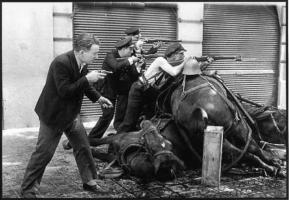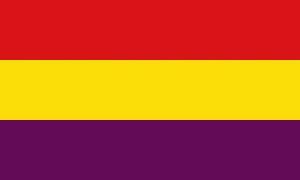INDOCHINE WAR: Short Summary
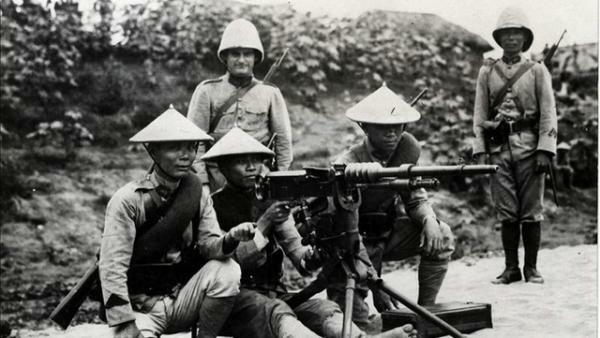
Image: Republicain-lorrain
When talking about the armed conflicts that took place in the 20th century in Asia, we usually make special mention of the Vietnam War, and we tend to forget about the war before this one, the War of IndoChina. This war was very important for the region, as it achieved the independence of several states, and increased communist influence in the area.
To know it in depth in this lesson from a TEACHER, we are going to talk about the Indochina war in a short summary.
Indochina was one of the regions that suffered the European colonialism in the early 20th century, being occupied the regions of Vietnam, Laos and Cambodia by France. This caused great unrest in the Asian region, increasing the nationalism of the Asian states against the French metropolis. In the following years some rebellions took place, but after the failure of these, the fight against the French was less and less.
Little by little the ideas of Marx were introduced into Indochina culture, since the ideas contrary to the imperialism that demonstrated communism was closely linked to the ideas of the Asian states to confront France. It was then that the figure of
Ho chi minh, a politician very influenced by the ideas of communism, and who would be vital for the future of Vietnam.During the Great Depression, France suffered a severe economic crisis, which affected Indochina and caused the settlers to rise again against France. The European country knew that it had to change the administration system of the region, but the arrival of the Second World War prevented it. On the other hand, in Indochina, small groups seeking independence were reappearing.
At the beginning of the Second World War, France was invaded by Germany, and that made the situation in Indochina very weak, since they had lost contact with their metropolis. This situation was used by the Japanese to invade the area, being received at first as liberators, since they declared the independence of the different regions of Indochina, but a series of bad decisions subsequently took away the respect of the population.
After years of war the Japanese ended up leaving the area, but before the French returned, and taking advantage of a limited power vacuum, the Viet Minh established a provisional government and proclaimed the Vietnam independence, calling himself republic of hanoi, and even receiving recognition from Emperor Bao Dai.
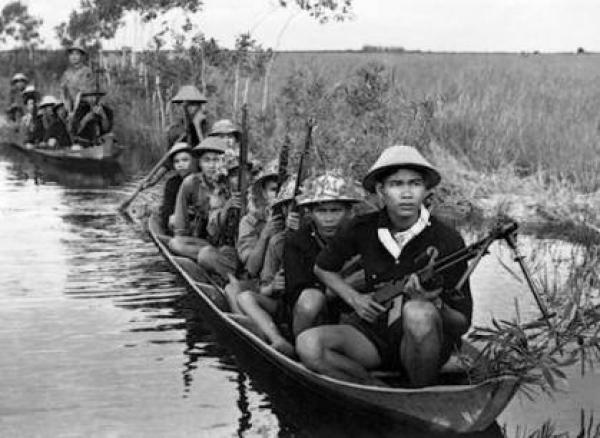
Image: LaTrompetaDeJericó
The government of the vietnamese it had problems as soon as it was established, being invaded by the Chinese in the north and the British in the south, both being allies of France. The European country did not trust the Chinese, so it decided to recognize the Republic of Hanoi for them to leave, which was accepted by the Vietnamese, who did not have a good relationship with China either.
From the beginning it was clear that France wanted to regain control of the territory, and for this reason it was sending military troops to the region. Watching the situation Vietnamese leaders decided to negotiate with the French. The Republic of Hanoi was at a strange point, being recognized by France but within the so-called French Union.
When it became clear that France was only willing to give limited independence to the Vietnamese and that they considered this unacceptable, hostilities began. At the same time Cambodia and Laos were also in conflict with France, the former led by the Khmer Issaraks group and the latter by the Pathet Lao. For all this, to late 1946 the Indochina war began, between France and the three Asian colonies.
The Viet Minh were much less numerous than the French troops, so it didn't take them long to lose Hanoi, after which they hid in the mountains to regroup. The Indochinese knew that one of the great advantages they had over the French is that they knew those lands better.
The Vietnamese switched to a guerrilla strategy, attacking small groups of French garrisons and then fleeing to the jungles where the French did not know how to navigate.
The battles alternated with great French victories such as Nan Bo, and other Asian guerrillas such as the various attacks on the Mekong delta. In this situation the French attempted a great attack to turn the war around, the offensive of Viet-Bac, attacking the mountains where the guerrillas and some of the Vietnamese leaders were hiding. The battle ended with a French victory, but they did not achieve the objectives they were looking for, since no The leader was taken prisoner and the guerrillas did not seek an attack in the open field, managing to flee the most.
The following years of war turned into a guerrilla conflict, the French could not win the Vietnamese in the jungle, but the Vietnamese were also not getting any kind of major victory. wingspan.
On May 7, 1954 many of the French troops left, because France had another similar conflict in Algeria, and this caused the European state to lose its position of power. The French decided to leave the country, divide Vietnam into two parts and hold a referendum later where the population decided the future of the new country.
The situation in the areas created after independence was very different, with North Vietnam led by Ho Chi Minh, and with South Vietnam staging a coup and not holding the referendum.
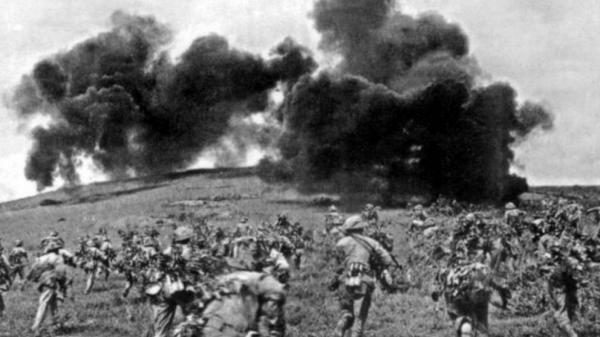
Image: LaVanguardia
To conclude this lesson on Indochina war in a summary, we must comment on the different consequences of the outcome of the Indochina war. Some of these consequences are the following:
- The peace was very short, and it did not take long for the two sides of Vietnam to meet again in the Vietnam War. In this other lesson we will talk about the Vietnam War: summary.
- France abandoned many of the colonies it owned, although others, such as Algeria, would take more years to free itself.
- The United States became the largest partner of South Vietnam, being the reason for its subsequent participation in the Vietnam War.
- North Vietnam had several partners, first being China and then the USSR, being the two largest communist powers in the world.
- The division of both parts of Vietnam became ideological, the north being close to communism and the south to imperialism.
- Laos and Cambodia also achieved independence.

